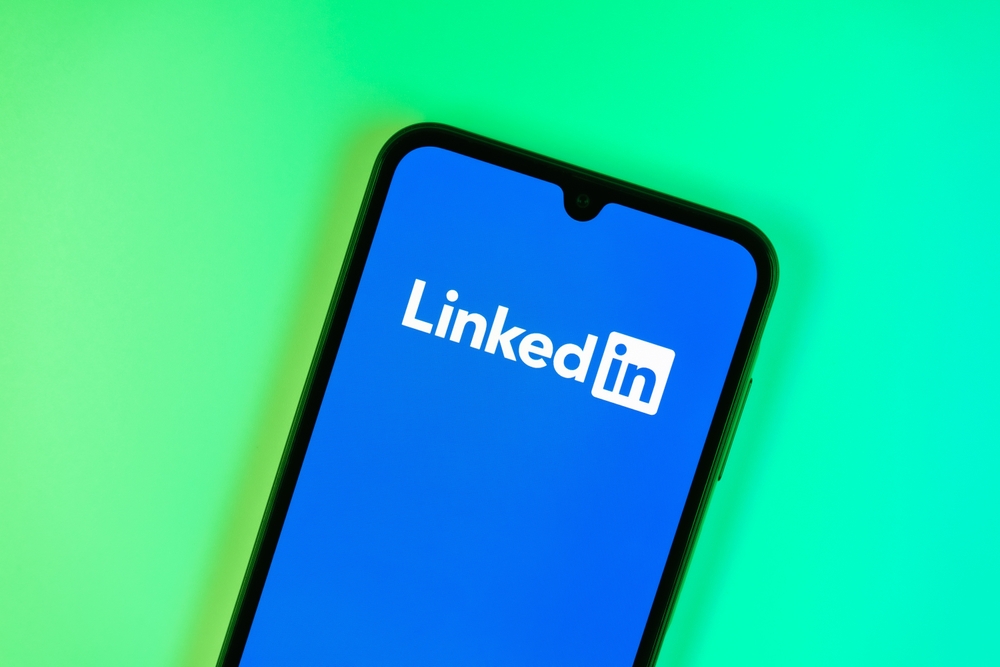LinkedIn has been fined €310 million ($334 million) by the European Union after the Irish Data Protection Commission (DPC) found that the company had mishandled user data for targeted advertising. This hefty penalty underscores the importance of strict compliance with the General Data Protection Regulation (GDPR), particularly regarding user consent.
The DPC’s investigation revealed that LinkedIn failed to obtain proper consent for processing its members’ personal data. The organization found that LinkedIn did not sufficiently demonstrate legitimate interest or contractual necessity to justify its data processing practices. “The lawfulness of processing is a fundamental aspect of data protection law,” noted DPC Deputy Commissioner Graham Doyle. He emphasized that processing personal data without an appropriate legal basis constitutes a serious infringement of users’ fundamental data protection rights.
This ruling originates from a complaint lodged in 2018 by the French non-profit organization La Quadrature Du Net, which raised concerns about LinkedIn’s data processing methods. Initially reported to the French Data Protection Authority, the case was subsequently transferred to the DPC, given that LinkedIn’s European operations are based in Ireland.
In response to the ruling, a LinkedIn spokesperson stated, “Today the Irish Data Protection Commission (IDPC) reached a final decision on claims from 2018 about some of our digital advertising efforts in the EU. While we believe we have been in compliance with the General Data Protection Regulation (GDPR), we are working to ensure our ad practices meet this decision by the IDPC’s deadline.”
Moving forward, LinkedIn must demonstrate compliance with data protection laws or face further penalties. The ruling serves as a stark reminder for tech companies operating in Europe to prioritize user privacy and ensure that all data processing activities are conducted transparently and legally.
For more information on this significant ruling, visit Engadget. This case highlights the ongoing scrutiny of data practices within the tech industry and the growing emphasis on protecting user rights in the digital age.
